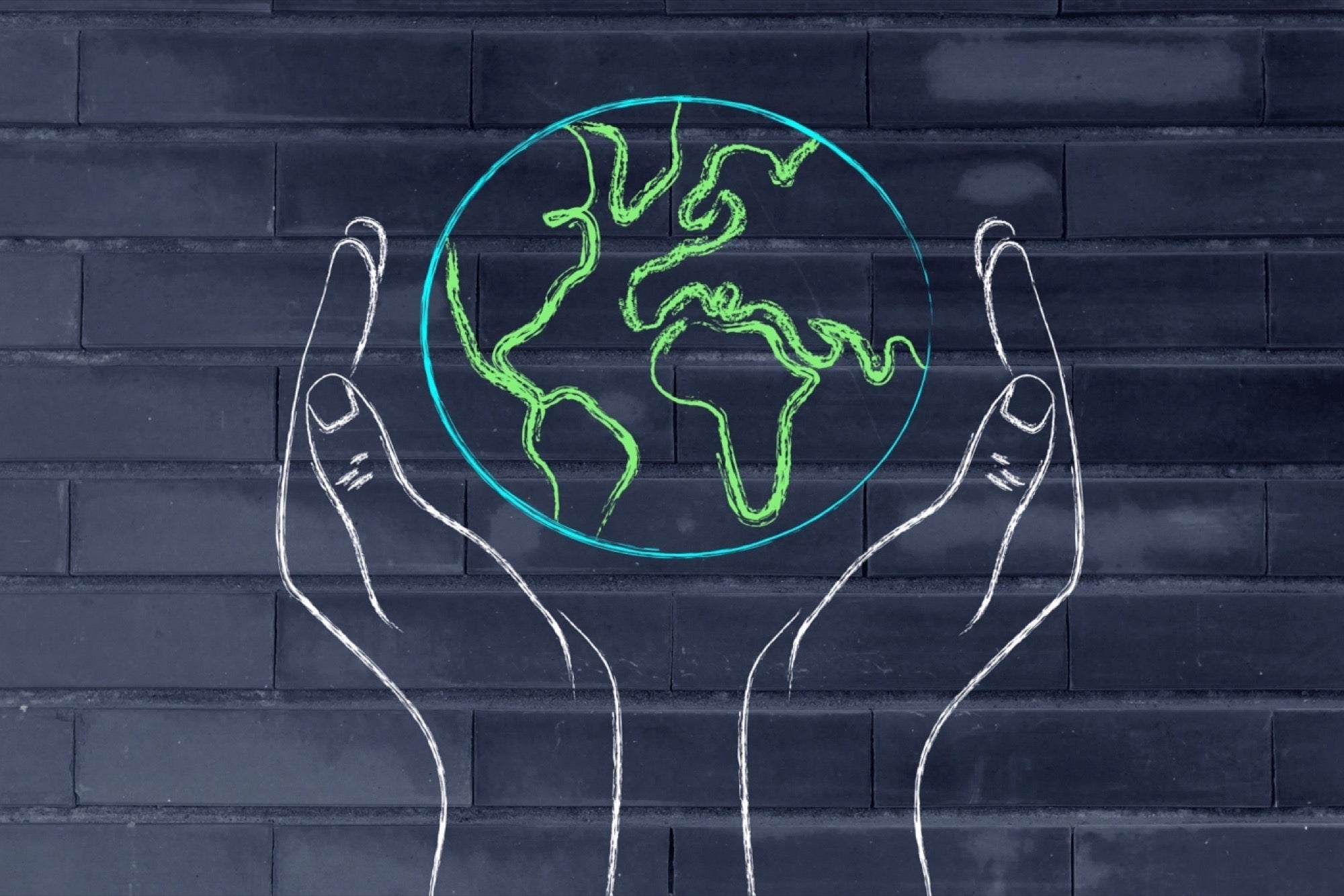Adopt Smarter and Energy-efficient Appliances to Create a Sustainable Environment At an individual level, we can follow simple yet effective steps to save energy
Opinions expressed by Entrepreneur contributors are their own.
You're reading Entrepreneur India, an international franchise of Entrepreneur Media.

In a spookily-connected world, which is giving rise to newer technologies as we speak, we are, somewhere, getting more distant from our habitat: our planet. Lost in our mundanity, we, more often than not, fail to appreciate our planet's beauty and its importance.
Challenges
We are enjoying the offerings of Mother Nature, entirely; while doing this, we are exploiting the available resources and approaching extinction of few. Intelligent conglomerates need to attend extinction and sustainability with sensitivity. Individuals in the rural areas, propitiously, spend their everyday lives connected to the environment. They are the first ones to enjoy nature and the first ones to get hit by climate change. Climate change is real, and it is happening now. Call for the conservation of energy is louder than ever.
Outburst in technology has made our lives simpler but is further leaning over the limited resources available for consumption. Businesses need to comprehend this threat and focus towards the creation of a sustainable environment; this should be envisioned to achieve by promoting and accelerating the adoption of energy-efficient and environment-friendly lighting solutions. At an individual level, we can follow simple yet effective steps that can bring in passive energy efficiency driving energy conservation – switching off lights, electrical and electronic appliances when not in use, moving to more energy efficient sources of light like LED bulbs and retain wiring system robustly.
Awareness and resolution
In India, the power sector is facing the perpetual problem of conservation and ensuring energy efficiency. To address power conservation issues, the government is doing its share by tightening the reins over industries via stringent rules and regulations; increasing awareness in the masses about conservation and it is encouraging the private sectors to do so too. In 2017, in line with the Centre's UJALA scheme, Maharashtra Energy Development Agency took the initiative of providing LED bulbs to rural parts of the state at a subsidized rate; they further replaced all conventional bulbs with LED fittings at several government institutions.
LED can be a boon for the conservation of energy
Conservation of energy does not appear to be a far-fetched idea because LED technologies. They have proven to possess striking features to lead us toward sustainability – environmental friendliness, cost effectiveness, low power consumption, and durability, among many more. Use of LED technologies should not be limited to homes and offices but should be extended to all kinds of lights: street, commercial, traffic lights; signage and display boards too. This practice has the potential of lowering the carbon footprint by half and significantly reducing electrical waste.
Because the shortage of power affects the economic growth of the nation, it is a desideratum to bridge the ever-growing gap between demand and supply of electricity by utilizing the alternate sources of energy. Adoption of technology in an efficient manner can help us conserve energy. Using Internet of Things-enabled devices to analyse consumption of energy and devising plans for practical use of power through the data retrieved from those devices can help us reduce expenses and increase productivity. Increased productivity will positively impact the consumption of energy. These devices help us identify where we are spending energy unnecessarily and amend it. Factors that cause overconsumption should be nipped in the bud by harnessing technology – Internet of Things and artificial intelligence being in the forefront of this.
And hence, I encourage more people to participate in these efforts to conserve energy, whether through big steps or small ones. One step at a time will reduce climate change and protect nature.











